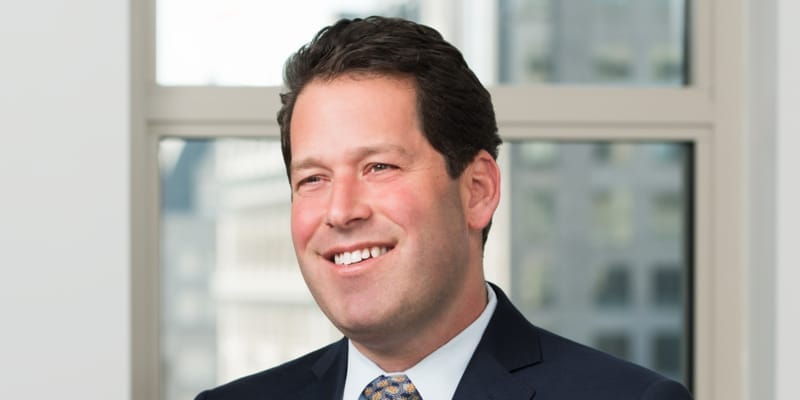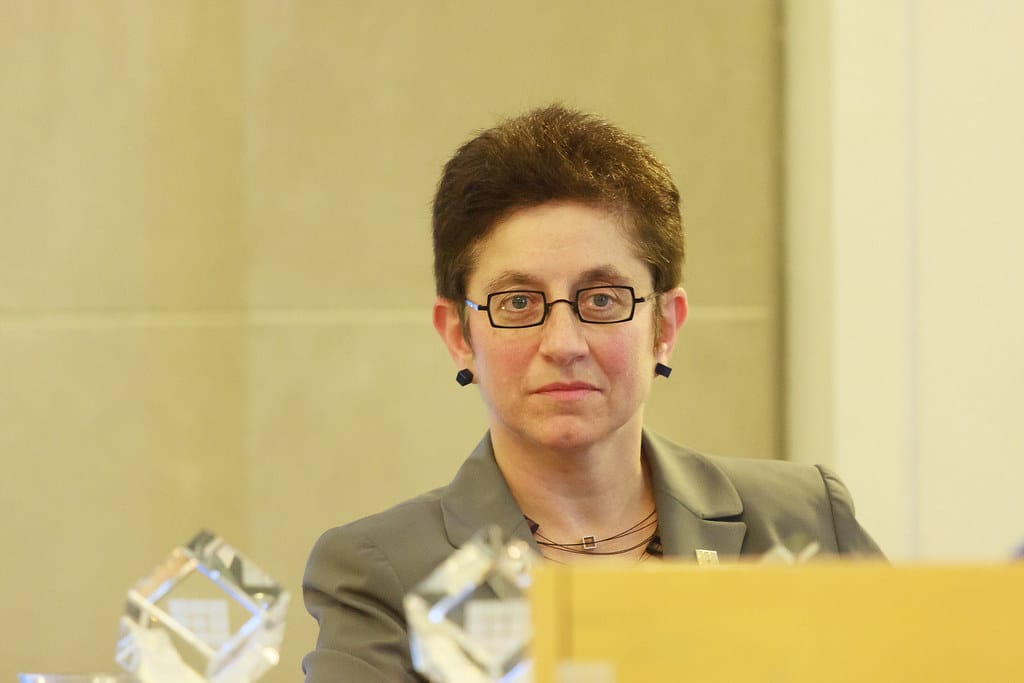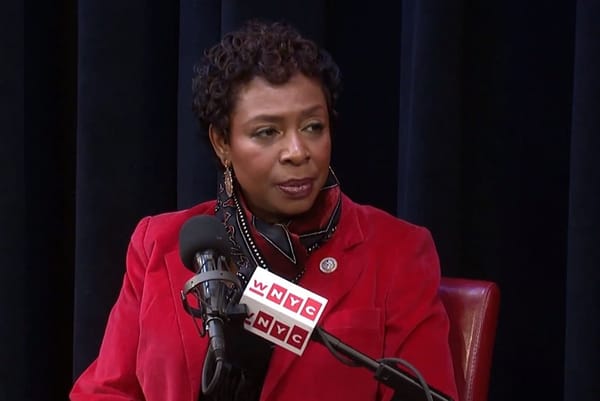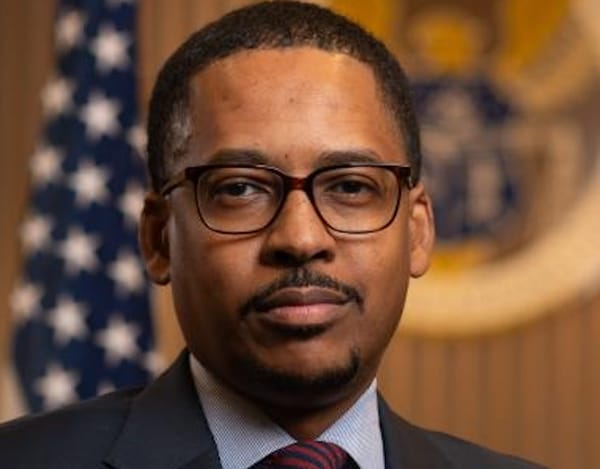Big ISPs Want FCC To Block State USF Mandates
At issue now is whether the FCC has left the door open for states to require them to contribute to state USF programs.

WASHINGTON, April 16, 2024 – Big Internet Service Providers are raising a new issue potentially worth many millions of dollars with the federal regulators who will decide on the scope of state authority in new rules designed to police the companies that connect Americans to the Internet.
Next Thursday, the Federal Communications Commission is expected to adopt Net Neutrality rules, bringing the country’s ISPs under close federal supervision. In a key decision, the FCC said it won’t stop states from adopting their own Net Neutrality rules provided they don’t stray too far from the agency’s broad national framework.

In a draft of the rules, the FCC said it would not require ISPs to immediately contribute to the federal Universal Service Fund, which spends about $8.1 billion annually on various communications subsidy programs.
At issue now for the large ISPs is whether the FCC has left the door open for states to require them to contribute to state USF programs. If states get the go-ahead and are aggressive in their approach, millions of consumers could see new fees on their monthly broadband statements as soon as this year.
Cable ISPs like Comcast, Charter and Cox discussed the issue on April 11 with top FCC staff officials, seeking support for new “language expressly preempting states … from requiring broadband providers to contribute to state universal service fund mechanisms,” consistent with the FCC’s approach at the federal level.
The cable ISPs said additional FCC action was needed because “states could misinterpret the [FCC’s] intentions and attempt to take the misguided position that they have free rein to impose state USF contributions, exposing consumers to higher payments and inviting problematic legal debates about jurisdictional determinations and allocations for interstate broadband service,” the cable ISPs said in a joint April 15 filing prepared by attorney Matthew A. Brill of Latham & Watkins, outside counsel to NCTA - The Internet & Television Association.
State preemption on USF emerging as an important issue
USTelecom, a trade group whose members include AT&T and Verizon, agreed with the cable ISPs on the need for state preemption on USF.
In an April 15 filing recounting a recent round of meetings with FCC officials, USTelecom noted that the FCC in its 2015 Net Neutrality rules “did not leave open the question of state authority to require broadband providers to make state USF contributions,” saying the agency made clear its decision to “preempt any state from imposing new state USF contributions on broadband.”
USTelcom added, “We urged the [FCC] to be similarly explicit in its forthcoming order” by saying that whether “under new or existing laws,” states can’t make ISPs contribute to state USF programs.
At the federal level, broadband ISPs have never been required to contribute to the USF. If states find a way of collecting USF support from broadband ISPs, the money involved could be in the many millions, if not in the billions, annually.

According to a 2019 study by the National Regulatory Research Institute (NRRI), 42 states and the District of Columbia at that time provided in some fashion state USF service support in addition to federal USF support.
Total support came to $1.7 billion in 2017, with money going to “high-cost support, intrastate access support, broadband support, lifeline support, and support for the hard of hearing, to name just a few.” NRRI’s study said California ($792.7 million) and Texas ($216 million) had the largest state funds.
FCC Chairwoman Jessica Rosenworcel has expressed her concern to Congress that mandating broadband ISPs to contribute to the federal USF could cause consumer bills to rise by $5.28-$17.96 per month. Some advocates would like to see the USF contribution base expanded to include not only broadband ISP revenue but also digital advertising revenue. Doing the latter, as USTelcom said yesterday, “likely requires legislation.”
The ISPs did not indicate whether they are currently paying into any state USF programs. Nor did they comment on whether they may be receiving state USF support.
The reaction to the FCC’s decision to temporarily exempt broadband ISPs from making federal USF contributions was mixed.
Support came from broadband ISPs but opposition was heard from New America executive Michael Calabrese and Gigi Sohn, executive director of the American Association for Public Broadband, as previously reported by Broadband Breakfast.

In a companion report, Broadband Breakfast noted that Free Press, a progressive advocacy group in favor of FCC adoption of Net Neutrality rules, has strongly supported the FCC on USF relative to ISP contributions and reiterated its support yesterday.

“By granting this temporary forbearance, the FCC is protecting millions of hard-working families from bill shock that would force many to curtail or drop important broadband and wireless services,” said Free Press Senior Advisor S. Derek Turner.










